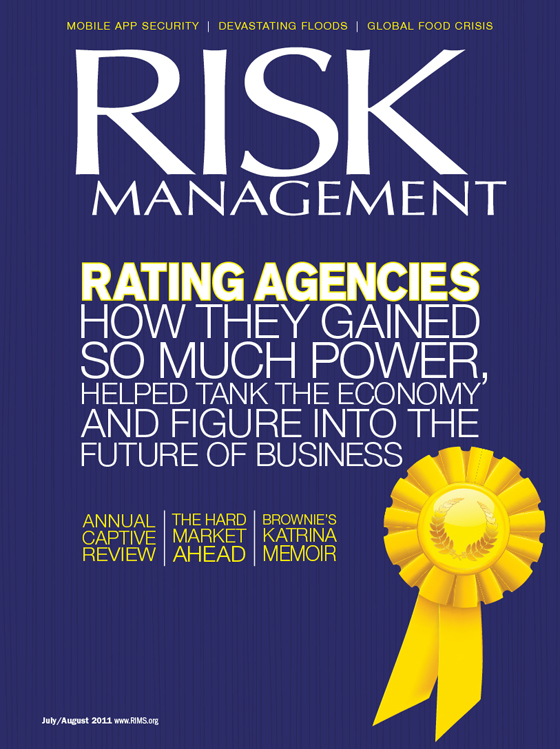
Lead singer and vocalist Caleb Followill -- exhaustion or alcohol?
When the band Kings of Leon scheduled their international tour, they covered the far flung possibility of event cancellation with Lloyd’s of London, taking out a $15 million policy, according to Rolling Stone. And now, Lloyd’s may have to pay up.
At a Dallas, Texas, show just a few days ago, lead singer Caleb Followill announced mid-concert that he could not finish the show. In his own words, he was drunk and needed to leave to stage. The rest of the band members (consisting of two brothers and one cousin) apologized to the booing crowd. But those weren’t the only people to be upset and maddened by the lead singer’s actions.
Three days later the band cancelled their remaining 29-city American tour, citing Followill’s “vocal issues and exhaustion,” though it had been long rumored that he struggled with a serious drinking problem. And his bandmate’s statement on Twitter that read “I can’t lie. There are problems in our band bigger than not drinking enough Gatorade” did not help quell suspicions. From PropertyCasualty360.com:
“If he is truly sick, he’ll probably need a doctor to medically diagnose him,” says Paul Bassman, president of Doodson Insurance brokerage, the U.S. arm of U.K.-based Doodson Broking Group.
Though this is the most recent case of event cancellation, it is most definitely not the only instance. Big-name artists such as Mariah Carey, Britney Spears and Billy Joel have cancelled all or some of their tours due to various excuses, whether true or false. And in June, Lloyd’s filed a lawsuit requesting to nullify a policy it had with promoters of Michael Jackson’s canceled comeback tour.
Taking steps to insure an event or tour is a smart move for artists and promoters, but a sometimes risky and costly one for insurers.
For more on concert and festival risk, check out the June issue of Risk Management.




